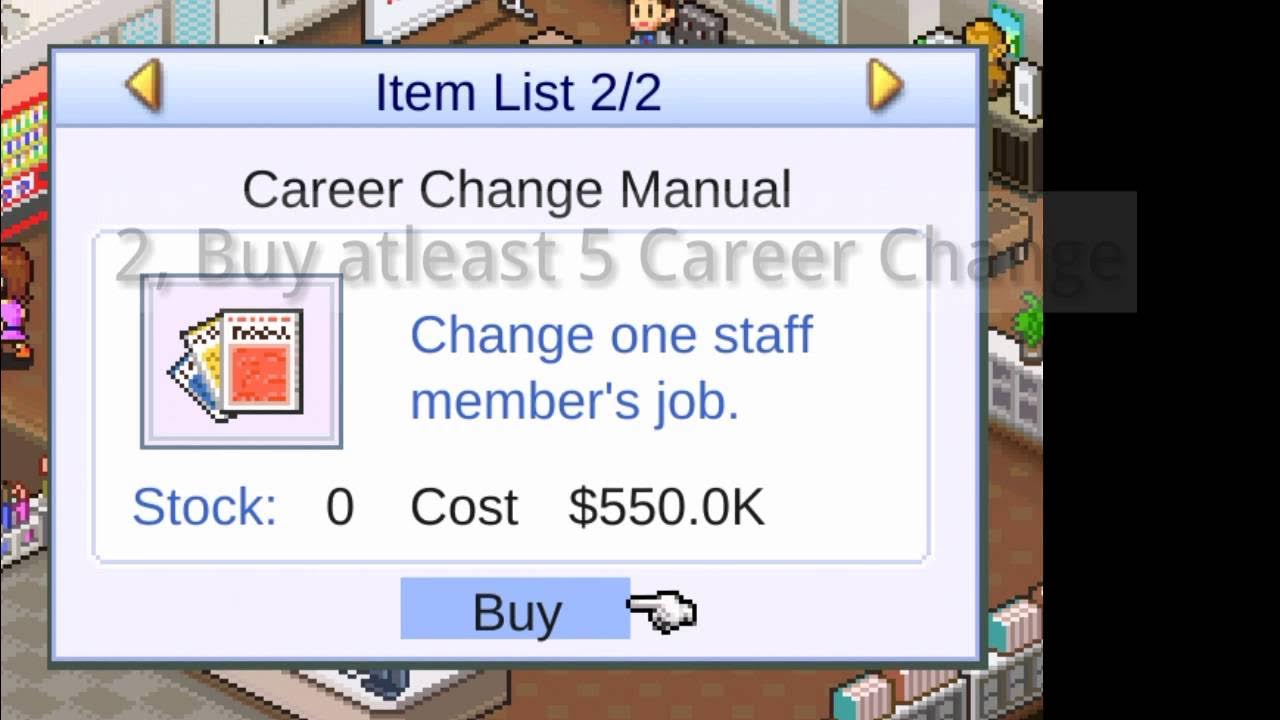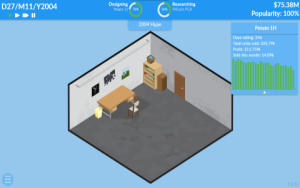how to get hardware engineer game dev
Well now, if you want to get a hardware engineer in the game, it’s not too hard, but it does take a little time and some work. I’ll tell you all the things you need to know, step by step. First, you gotta understand, you need to get someone to level 5 in all the main areas. Sounds like a lot, but stick with me.
Step 1: Level Up Different Skills
Now, first things first, you need to level up your worker in all them important categories. We’re talking about coder, designer, sound engineer, and even writer. Yeah, I know, seems like a whole lotta work, but you gotta get ’em good at these first. Each of these jobs needs to hit level 5, so don’t rush through it. You want your worker to be top-notch in every area, from designing the game to writing the story and even making the sound effects.
Once you got your worker to level 5 in those key areas, you’ll be able to unlock the job of Director and Producer. Don’t get too excited yet though, cause there’s still more to do!
Step 2: Unlock Director and Producer Jobs

Now, once you’ve got ’em to level 5 in coder, designer, sound engineer, and all that, the next thing you wanna do is get ’em to level 5 in the Director and Producer roles. These are the big ones that’ll lead you to that hardware engineer job. So, keep leveling up, don’t stop now!
When your worker has made it through all this, they’ll be eligible for the Hardware Engineer position. And trust me, once you’ve done all that, it feels real good to see that shiny new title appear on your employee’s profile.
Step 3: Use the Job Swapping Book
There’s also this little helper called the Job Swapping Book. It’s mighty useful for changing up your worker’s jobs and leveling them up faster. You don’t have to do it all by hand, just swap ’em around as needed. That way, they get to learn all the skills they need to become that coveted Hardware Engineer.
Step 4: Getting a Competitive Edge
Now, if you’re serious about this hardware engineer business, you should also think about getting some extra training. In the real world, if you’re looking to be a hardware engineer, having a degree in something like computer science or software engineering can really give you an edge. You gotta know your way around programming languages like C++ or Java, and have a good understanding of math and physics. This helps in the game too, cause you want to know how things work under the hood to build them better consoles.
Step 5: Building a Strong Portfolio
And don’t forget about experience! In game development, and even in real life, a strong portfolio shows that you know your stuff. You can work on projects, showcase your skills, and get yourself noticed. Whether you’re designing levels or writing code, you gotta put in the hours and show off what you’ve done!

Step 6: Special Bonuses from Hardware Engineers
Here’s a little bonus for ya! Once you get your hands on a hardware engineer, you unlock some special perks. You can now create special parts for your consoles, like the Potato Chip CPU. But, you gotta have four hardware engineers working with you before this will happen. It’s a little team effort, but it’s worth it!
Final Thoughts: It’s All About Patience and Dedication
So, in the end, getting a hardware engineer is all about leveling up your worker, and unlocking the skills and jobs you need. It might take a while, but it’s all worth it when you finally get that engineer on your team. So, be patient, keep working, and soon enough, you’ll have all the hardware engineers you need to build the best consoles in the game!
Good luck!
Tags: [Game Development, Hardware Engineer, Game Dev Story, Career Progression, Game Development Strategy]







